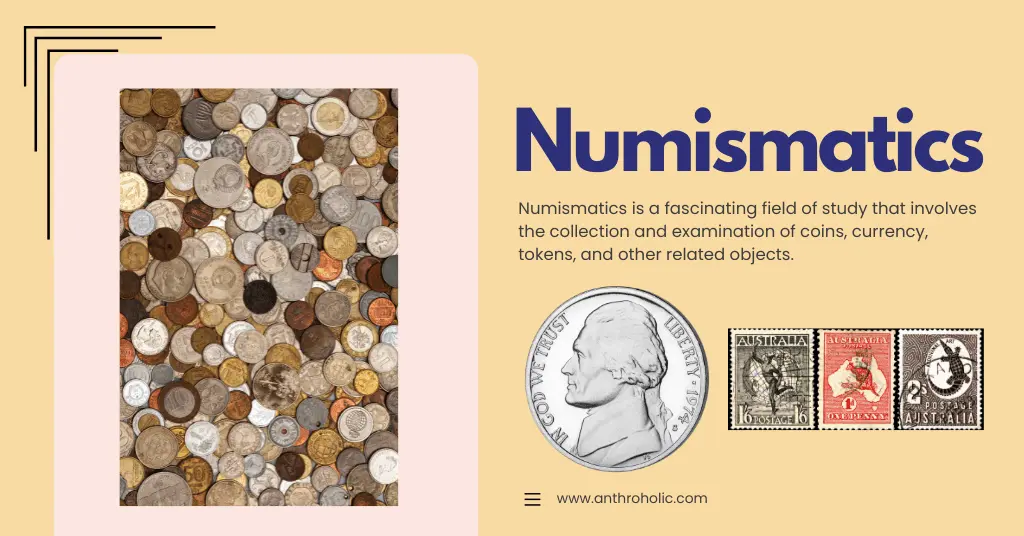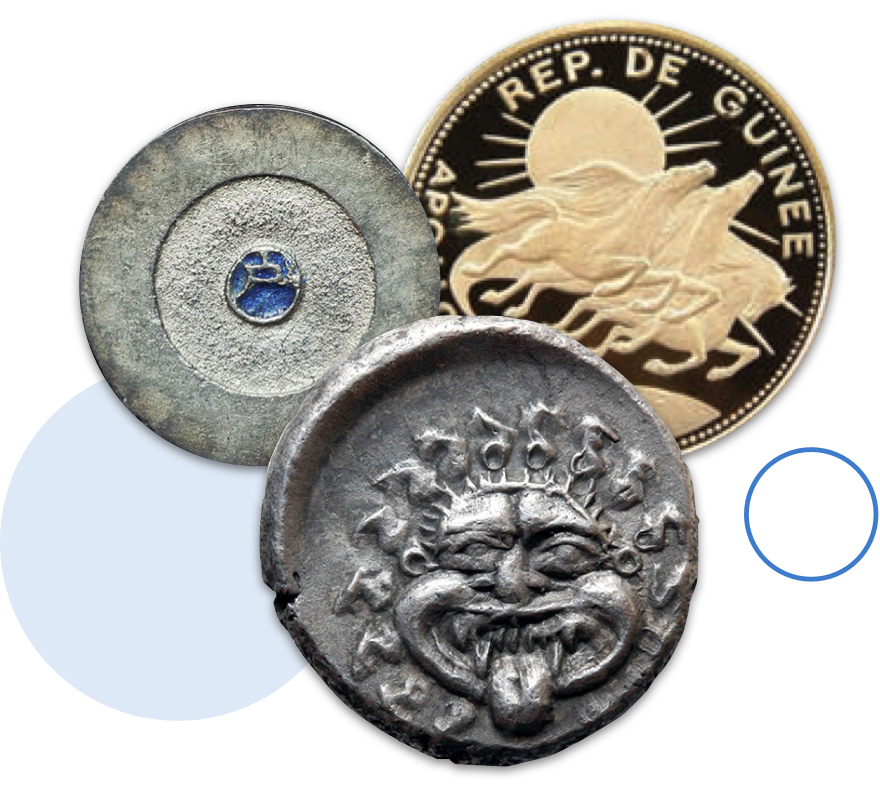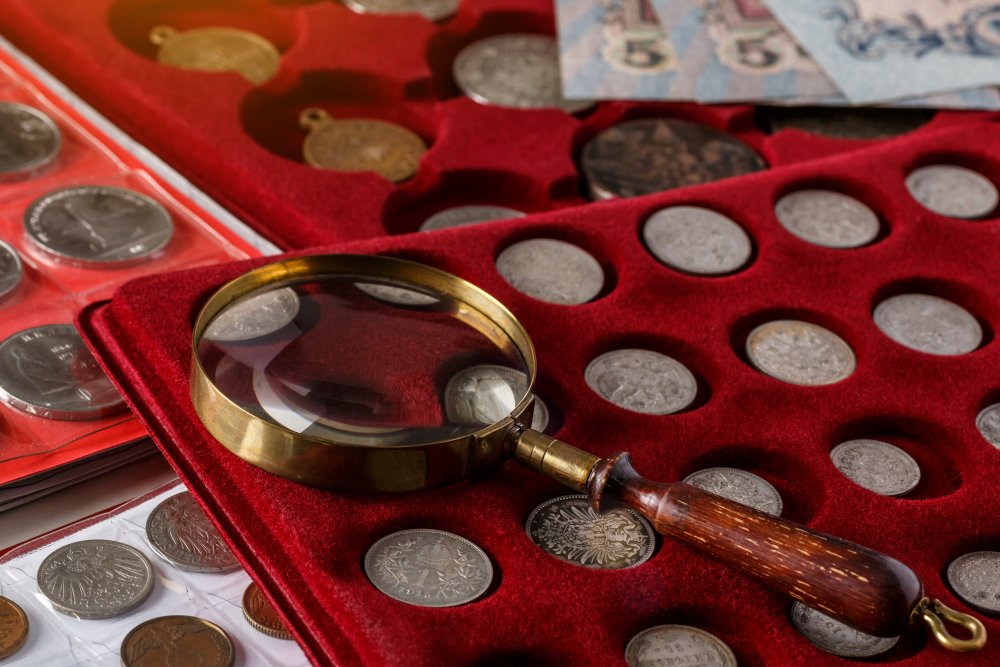Free Advice On Picking Denomination And Dollar
Free Advice On Picking Denomination And Dollar
Blog Article
How Do I Search For Numismatics Related To Mints On A Numismatics Database?
To research numismatics using databases, you need to use specific strategies. They include gathering extensive data on the production of coins, as well as historical contexts, as well as the evolution in minting methods. Here's how you can do it: Select an online database that specializes in numismatics and historical coinage. Numista online catalogs or databases from academic institutions that archive numismatic studies are other options.
Define Research Focus: Specify your research objectives. Are you interested the history of production, the volume of production technological advances, economic and cultural impacts or other aspects of a specific mint? Tailor your search queries accordingly.
Search Strategy: Include specific keywords that pertain to mints and coin minting, for example "mint production", "coin minting technique", and the names or titles of the mints you're studying. Advanced search options let you to filter by date, type of document (such as academic papers historic reports, catalog entries) and geographic region and document type.
Data collection: Collect information about the date of establishment, the historical periods, types of coin produced, the technology used to mint them (such as machine striking versus hand-striking) and any significant incidents, or modifications to the methods of minting. Databases or catalogs that detail specific coins minted according to the date, denomination, style and so on.
Analysis: Analyze your data to discover patterns, trends and differences in techniques used for minting across different periods or geographical areas. Examine changes in the composition of metals technology advancements and changes in the style of coin designs that could have been a factor in the evolution of coin production.
Cross-Referencing: Verify your findings using information from multiple sources in the database. This will ensure the accuracy and completion of your study.
Documentation - Document your findings, citing sources you used and noting the methodologies that were employed. Keep detailed records of the databases used as well as the search terms you used and the significance of each source to your research objectives.
Keep up to date Numismatics is a constantly evolving field, and new papers and discoveries are regularly published. Check the database regularly to find updated information or archived digitally that has been recently digitized.
These steps can help you utilize databases to conduct thorough research on mints and numismatics. This allows for a detailed investigation of the historical and technological aspects of the production of coins, providing valuable insight into the development of the numismatic practice over time. Take a look at the most popular source about austrian coins for more recommendations including euro, currency grading, dirham, collection, coin release, banknote expo, rand, coin production, currency, proof coins and more.
How Can I Research Numismatics In Connection To Coin Dealers Using A Database?
To study the numismatics and dealers of coins, one must use databases that contain information on dealers, numismatics and historic transactions. To conduct this kind of study, here's the best way to conduct it: Database selection: Choose databases that focus on trade and numismatic listings. There are a variety of databases to choose from, including online numismatic exchanges, dealer listings offered by numismatic organizations (like the Professional Numismatists Guild), auction house data bases, or historical archives containing the records of numismatic transactions.
Define Research Focus: Specify your research objectives. Are you looking to learn more about the past and characters of dealers in coins? Are you looking for trends in the numismatics market, the prices of coins at a given time, or the effect of dealers on the numismatic collection trends? Clarify what you are looking for to help guide your hunt.
Search Strategy: Use keywords such as "coin dealers," "numismatic market," "dealer directories," and include specific names of dealers or geographical regions where applicable. Filter results using advanced search features. You can filter results by the date or by specialties of dealers such as ancient or modern coins, or rare coins.
Data Collection: Get access to data on coin dealers. It includes names, business addresses and locations along with details about their particularties, operating years, and profiles. Find information on notable coin dealers. Learn more about their contribution to numismatic research and collectible communities.
Analysis: Analyze the data to understand the role of dealers in the field of numismatics. Find out how dealers impact market dynamics, influence collecting trends verify and classify coins, and aid in the diffusion of knowledge about numismatics through publications or educational activities.
Cross-Referencing: Confirm your findings by cross-referencing information across multiple databases, dealer directories auction records, as well as historical archives. This ensures that your research is reliable and thorough, and provides insight into the various aspects and contributions that coin dealers can make to the field of numismatics.
Documentation. Note your findings from research by citing sources and recording any methodology you employed. Keep track of the specifics of the databases you visited and the search terms you searched with, and the way each source is related to your research.
Stay up-to-date: As the numismatic landscape changes, so do new auctions, dealers, and market trends. Keep updated by keeping track of updates from auction houses that specialize in numismatics societies, online marketplaces and society auctions to keep up with the most recent developments.
These steps will help you make use of databases to study numismatics as it relates to dealers in coin. This method allows for a thorough examination of historical profiles as well as market influences and academic contributions to the numismatic area by coin dealers. Read the top banknote grading for more advice including coin grading, coin magazine, banknote history, currency appraisal, banknote club, real, coin minting, lira, banknote production, coin collecting and more.
How Can I Conduct Research On Numismatics In Relation To Legal Experts With A Database On Numismatics?
Here's a systematic approach to conducting such research:Database Selection: Select databases that specialize in research in the field of law, numismatic law, court cases involving matters involving numismatics, as well as academic publications on legal aspects of numismatics. Here's a structured approach to conduct research on this subject: Database Select databases that are specialized in legal research, numismatic law court cases that involve numismatic issues and academic papers on legal aspects of the numismatics. Legal research platforms like Westlaw and LexisNexis are examples, as well with the numismatic journals, publications of numismatic societies, and numismatic law magazines.
Define Research Focus: Specify your research objectives. Are you looking to learn about the legal frameworks and regulations governing the currency or coinage, numismatic dispute resolution, laws governing coin circulation and production, or legal understandings, definitions and interpretations of numismatic authentication and ownership? Make sure you know the right direction to direct your research.
Search Strategy: Use keywords like "numismatic law" or "legal aspects coinage," or "numismatic conflicts," and then add specific legal concepts, such as ownership, authenticity, and counterfeiting, if appropriate. Advanced search options let you to filter by date, location (national or worldwide) and legal issues relevant to numismatics.
Data Collection: Find information on legal precedents, court rulings, legislative texts, and academic articles on numismatic law. Collect information such as case reports, legal analyses and interpretations of pertinent statutes, and historic perspectives on legal issues in the field of numismatics.
Analyze information to better understand the issues and legal implications of numismatics. Explore how legal frameworks affect the numismatic market, collection management, authentication processes as well as international trade in numismatic objects. Compare the legal interpretations of various jurisdictions.
Cross-Referencing. Verify that your information is accurate by referencing it in multiple databases. This includes legal journals, court documents and academic papers. This will ensure the accuracy of your research and complete, providing you with complete information about the legal context in the field of numismatics.
Documentation. Note your findings from research by citing the sources you used and noting the methodology. Provide the databases you utilized, the keywords you searched for, and their relevance to your questions.
Stay updated. Numismatic legal interpretations and laws are subject to change due to changes in legislation or court decisions. Stay up-to-date by reading updates from databases of legal information and books about numismatic laws and also news from numismatic organizations regarding legal changes.
By following these steps, you can effectively make use of databases to research the numismatics of a legal perspective. experts. This approach allows for detailed examinations of the legal issues, scholarly interpretations, and legal frameworks that are relevant to the Numismatics field. Follow the top rated banknote printing recommendations for more examples including coin marketplace, precious metals, rare coins, coin pressing, bullion, banknote collection, banknote grading, coin pressing, coin news, coin series and more.
How Can I Find Out More About Numismatics By Using A Database On Online Forums And Communities?
For conducting such research, here's a logical procedure: Database Selection: Choose online forums and communities that are specialized in the field of numismatics. These platforms allow collectors, enthusiasts and experts to share knowledge, discuss current trends and showcase collections. This is a structured way to conduct such research. Examples include forums like CoinTalk on Reddit or r/Coins on Facebook and other communities that specialize in numismatics.
Define Research Focus: Specify your research objectives. Are you looking to gain an understanding of the current trends in collecting or to discuss specific kinds of coins as well as historical periods? Or do you seek advice about authentication and grade. Find out what you're looking for to narrow down your search.
Search Strategy: Use keywords relevant for your interest (such as "numismatic groups," "coin communities," or "numismatic online discussions") Include particular keywords (such as ancient coins modern money, ancient coins, or paper currency), along with keywords related your research question. Utilize the search function within each platform to locate relevant threads and forums.
Data Collection: Read the information in threads, discussions or threads on forums online. Learn about coin identification tips as well as current market trends discussion, personal experiences and other information related to numismatics.
Analysis: Examine the data to understand the perspectives, expertise and experiences of members of the online community of numismatics. Evaluate the validity of the information by analyzing the contributions of experts and the consensus of the members on certain topics, and the depths of discussion.
Cross-Referencing: Verify your findings by cross-referencing data across multiple forums and communities. Examine the insights of multiple platforms to gain a more objective perspective on collecting, market sentiments, or expert advice within numerical communities.
Documentation: Document all your research findings, including specific threads or discussions. If you need to you wish to include citations of contributors. Note the most important insights shared, trends, and opinions in online forums.
Engage in Discussions: Participate with discussions, pose questions and join discussions to gain insights and establish connections with the community of numismatics. Stay up to date with threads that are new.
There are forums online to research numismatics by following these simple steps. This method allows you to tap the collective knowledge and experience of a diverse collection of collectors and experts, providing valuable insight and perspectives on various aspects of coin identification and appreciation. Take a look at the recommended antique banknotes for blog advice including coin history, coin value, banknote artist, coin blank, money, real, coin value, coin pressing, banknote errors, coin appraisal and more.
What Can I Do With A Numismatics Database To Research Technology Providers In Relation To Numismatics?
To conduct such research, follow this procedure: Select databases that are specialized in technology providers relevant to the field of numismatics. This is a systematic method to conduct such study. Selecting a Database: Choose databases that are focused on technology companies that can be relevant to numismatics. These include industry reports and websites of technology firms.
Define Research Focus: Specify your research objectives. Are you looking for details on the latest technologies for coin imaging and new authentication techniques (like spectroscopy) or solutions to digitally catalog your collections of numismatics? Make sure you know what you are looking for to guide your research.
Search Strategy: Use keywords such as "numismatic technology providers," "coin imaging systems," "authentication technologies for coins," and include specific technologies or businesses (such as digital imaging companies or manufacturers of authentication devices) If applicable. You can also use advanced search options in order to filter the results by the date, industry, and kinds.
Data Collection: Gain access to technological advances and advancements in numismatics. Data collection: Get data on technological advances and advancements in numismatics.
Analyze the data to better understand the capabilities and impacts provided by the technology of various companies. Consider how these technologies could improve authentication processes and enhance cataloging. They should also aid in numismatics research, such as numismatic research.
Cross-Refencing Verify information by cross-referencing across industry reports, databases and technology company websites and even publications. This will guarantee accuracy and completeness of your investigation. It also provides insights into the variety of technologies that can be used to solve numismatic problems.
Documentation: Documentation is crucial. Use sources to cite and record the methods used. Note the details of the databases you visited, the search terms you used, and how each one of them is related to your research.
Stay up-to-date: Numismatic technologies are constantly evolving with advances in the field of digital cataloging, authentication, and imaging. Monitor updates from technology companies, industry reports as well as numismatic publications and technology providers to remain updated on the most recent technological developments.
Databases are a great way to research numismatics, particularly in relation to the technology suppliers. This technique permits a thorough examination of the technological advances shaping capabilities for authentication, cataloging capabilities and research capabilities within the area of numismatics. This also provides insight into the effects of technology on numismatics, research and research. View the top krona for blog examples including coin edge, legal tender, coin holder, banknote artist, coin die, rare banknotes, numismatic value, proof coins, banknote identification, rare coins and more.